What to Do in Case of Death of a Person Onboard Ship?
Death onboard ships as a result of any kind of adversity is an extreme form of emergency situation. In case of such an unfortunate event, the crew and master of the ship must take all the necessary steps that are mentioned in WHO’s International medical guide for ships or according to the procedures given by the radio medical personnel.
The master of the ship would inform the company about the deceased person along with other necessary details that are required in the form of evidence.
Important details required as evidence are:
- Date, time, and position of the vessel when the death occurred
- Location of the death if it occurred because of an accident
- Record of the working hours of the deceased
- Details of the condition of the body
- Complete eye witness statement that is taken immediately after the incident
- Type of medical treatment given to the person before death
- Details of the person who gave medical treatment
- Details on the indication of intoxication, if found
- Details of tools, wires, equipment etc. which was the cause of death
- Timed photographs of the place where the deceased was found
- Details of telemedicine assistance, if available and provided
- Any other information asked by the company
The company is responsible to inform the next-of-kin of the deceased person. Also, it is to note that in case the incident occurs when the ship is at port or anchor, the procedures according to the laws of that particular country needs to be followed.
If at the port, the master should inform the local agents, medical personnel, and concerned persons of the P & I club. The local agent would guide the master regarding the procedures to be followed as required by the authorities of that particular country.
If the accident has taken place at the sea, the procedures and guidelines as provided by the company are followed. The company might ask to preserve the body in an emptied refer compartment. Also, the agent of the next port of call must be informed beforehand so that the necessary information is provided to the local authorities, the consulate of the ship’s flag state, and the correspondence of the P & I club.
As per the rules, all the belongings of the deceased person should be packed and handed over to the agent to be sent to the company, which would eventually forward it to the next-of-kin along with a copy of the inventory list of belongings.
All the details are to be noted in the official logbook for later reference.
Kindly note that this is just a general overview of the practice that is followed in such situations, the full procedures/guidelines to be followed in case of death onboard ships would vary according to the company policies and laws of the country in which the death occurred.

About Author
Raunek Kantharia is a marine engineer turned maritime writer and entrepreneur. After a brief stint at the sea, he founded Marine Insight in 2010. Apart from managing Marine Insight, he also writes for a number of maritime magazines and websites.
Do you have info to share with us ? Suggest a correction
Latest Maritime law Articles You Would Like:
Latest News
- What are Logistics Risks?
- How Port and Terminal Operators Can Control Emissions?
- Minimum Quantity Commitment (MQC) and Liquidated Damages in Container Shipping: Concept and Relevance
- MARPOL (The International Convention for Prevention of Marine Pollution For Ships): The Ultimate Guide
- The Ultimate Shipping Container Dimensions Guide
- A Comprehensive Overview of IMDG Code for Shipping Dangerous Goods
Subscribe To Our Newsletters
By subscribing, you agree to our Privacy Policy and may receive occasional deal communications; you can unsubscribe anytime.



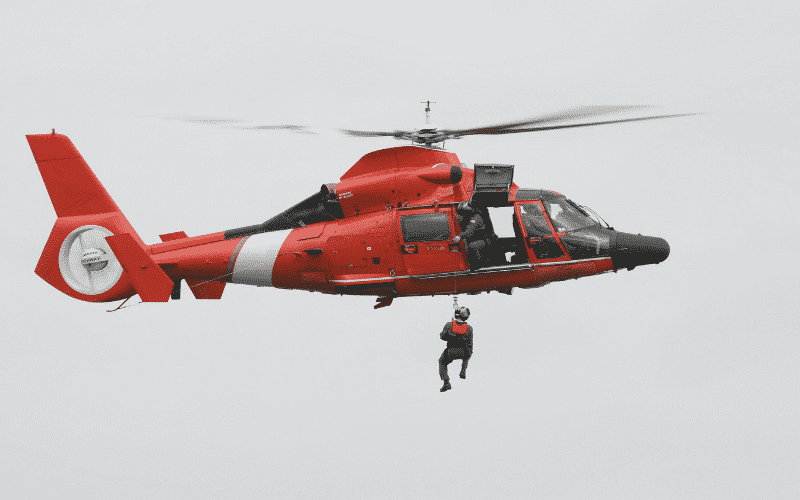
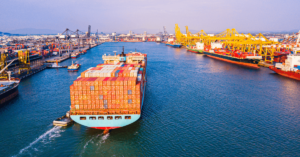
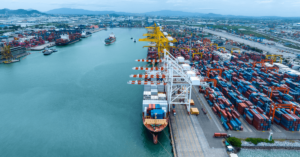

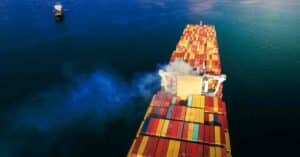

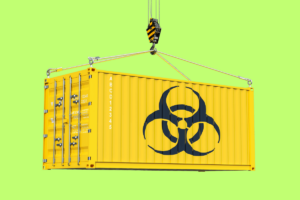


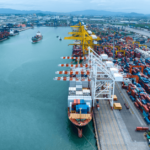



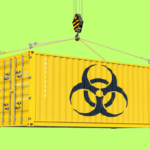
Thanks for the wonderful time gotten to educate us about shore working and others.
Yes, that was very important details to improve our knowledge
@Ruchira – ?
If someone died aboard a tea clipper in the mid-nineteenth century, would they be buried at sea, or would their bodies be stored and brought back to port? It seems as though they wouldn’t be able to store the body, but I wasn’t sure. Thanks!